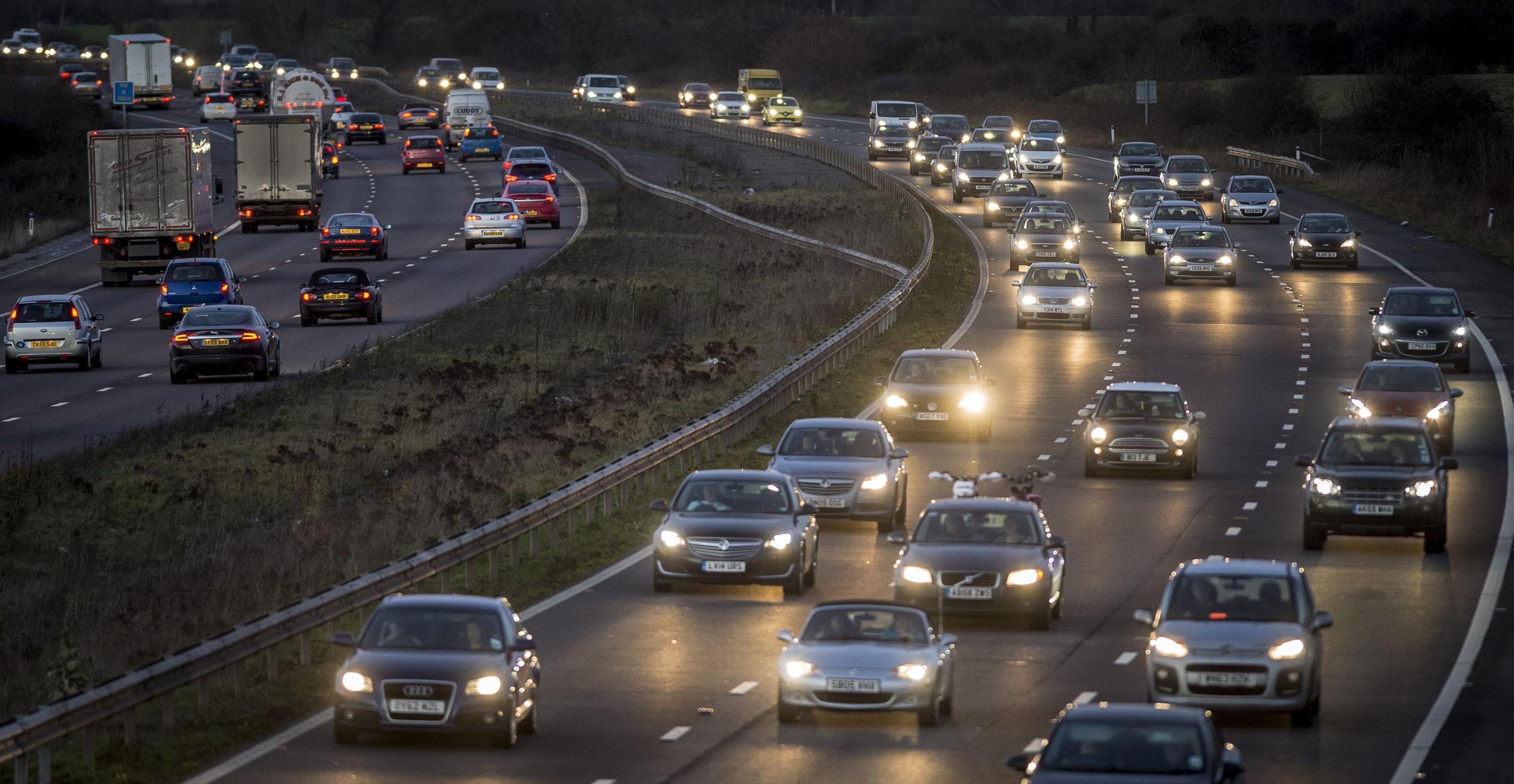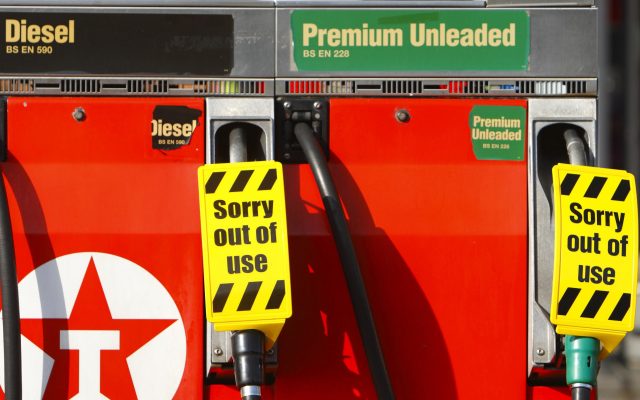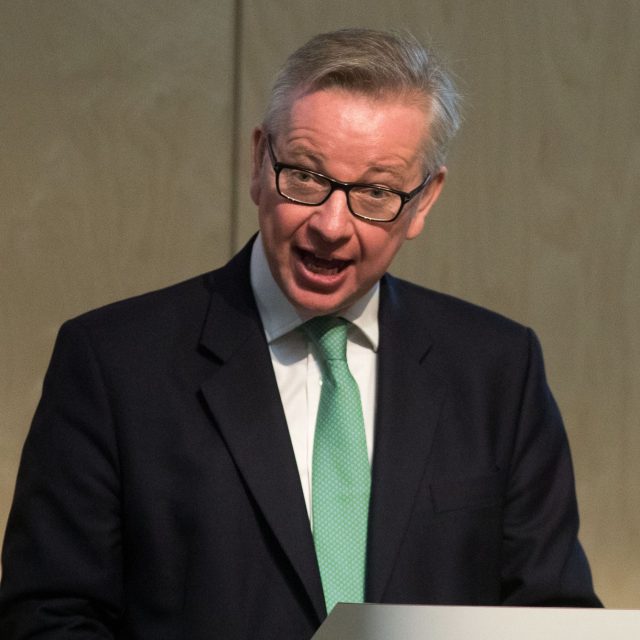
NEW diesel and petrol cars and vans will be banned from 2040 as part of efforts to tackle air pollution, Environment Secretary Michael Gove has said.
He also pledged to work with local authorities developing “value for money and appropriately targeted” diesel scrappage schemes.
But the Cabinet minister warned authorities he does not believe it is “necessary” to bring in charges to prevent vehicles entering city centres, adding the Government will work with them to determine the approach.
Why do we need a strong Air Quality Plan this week? Reason #1: our health pic.twitter.com/KkS6DvPxZ7
— Friends of the Earth ? (@friends_earth) July 24, 2017
Mr Gove’s remarks came ahead of the Government’s expected announcement of a £255 million fund to help councils speed up local measures to deal with pollution from diesel vehicles, as part of £3 billion spending on air quality.
The measures are set to be included in a court-mandated clean air strategy the Government is due to publish on Wednesday, just days before the deadline set by the High Court.
The expected move to ban petrol and diesel vans and cars follows similar plans announced in France this month and amid increasing signs that the shift to electric vehicles is accelerating.
Asked if there was no alternative to more wind farms and nuclear power energy stations, Mr Gove replied: “There is no alternative to embracing new technology.”
“Today we’re confirming that should mean no new diesel or petrol vehicles by 2040, and critically President Macron in France has a similar aspiration… and Norway wants to reach that goal by 2025 so we are, quite rightly, in a position of global leadership in shaping the new technology.”
Mr Gove, asked if there is a chance diesel vehicles may be banned from driving in certain polluted roads or areas in the future, replied: “Yes.”
Connected and autonomous vehicles will transform our society, watch our video to see how: https://t.co/YmDJvgL92r
— SMMT (@SMMT) July 26, 2017
“Those plans could include everything from changing the bus fleet – retrofitting buses so that they no longer emit some of these noxious fumes – but it could include, in specific areas, particular restrictions on drivers.”
Mr Gove said it was up to local authorities to develop plans, encouraging them to develop “imaginative” solutions.
Pressed on charges to enter city centres and other areas with high air pollution, Mr Gove cited London Mayor Sadiq Khan’s plan to introduce new charges before adding: “I don’t believe that it is necessary to bring in charging but we will work with local authorities in order to determine what the best approach is.
“If a local authority believes that charging is necessary in order to secure compliance then we’ll work to ensure that plan be implemented appropriately, but on the evidence I’ve seen while charging could bring local authorities in to compliance with the law, it’s not necessary.”

Enjoy the convenience of having The Sunday Post delivered as a digital ePaper straight to your smartphone, tablet or computer.
Subscribe for only £5.49 a month and enjoy all the benefits of the printed paper as a digital replica.
Subscribe © Ben Birchall/PA
© Ben Birchall/PA © Ben Birchall/PA
© Ben Birchall/PA